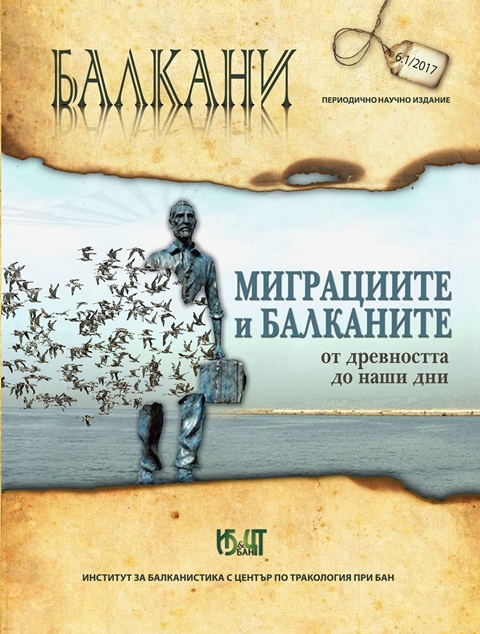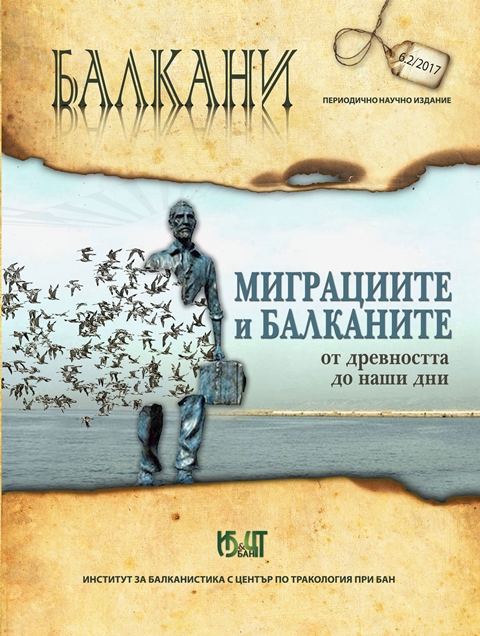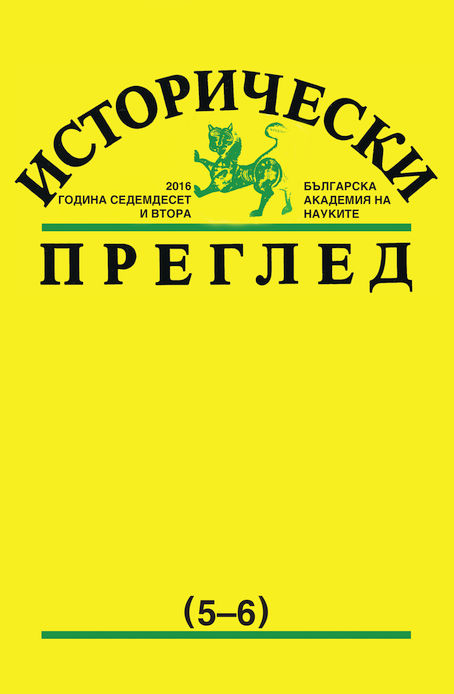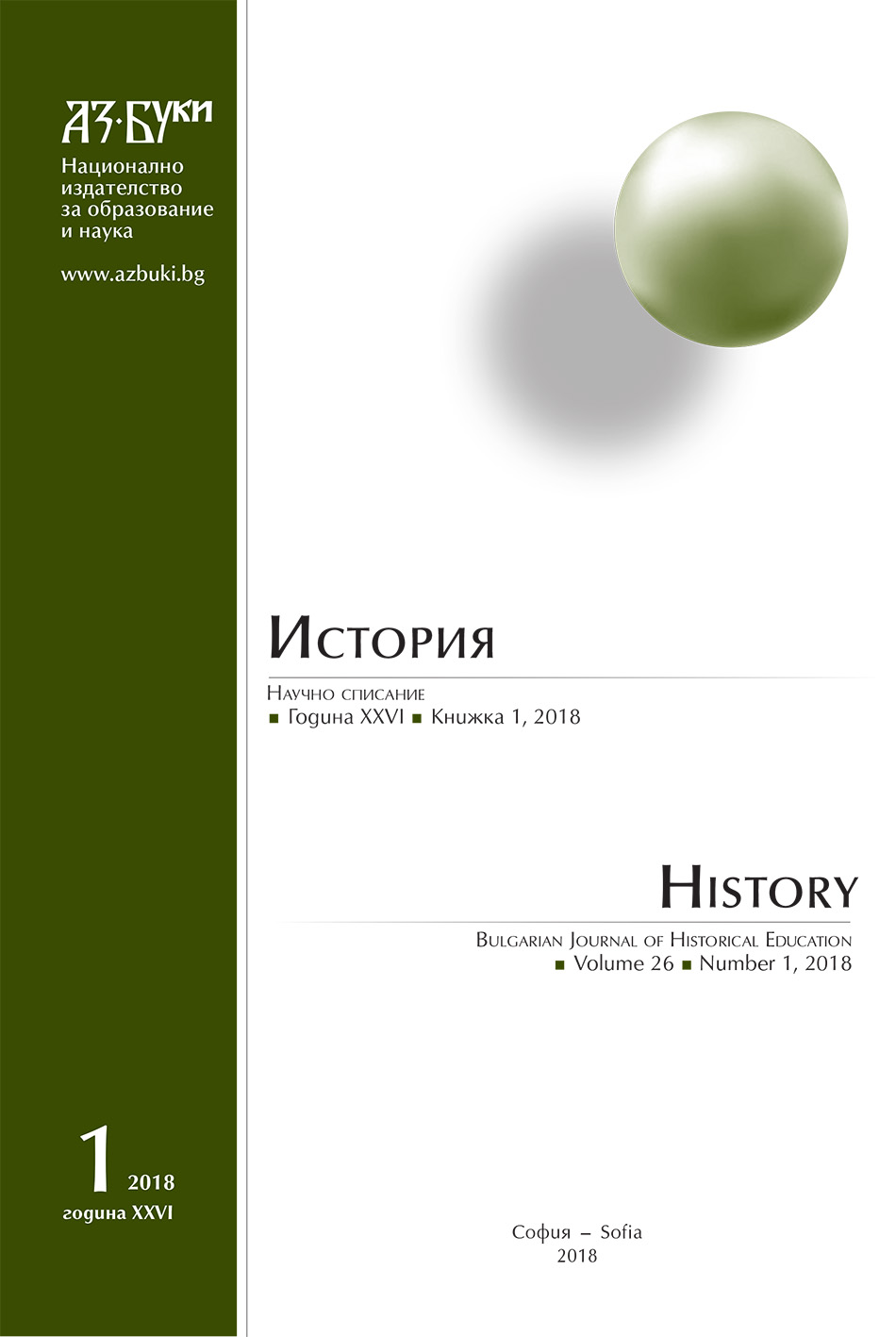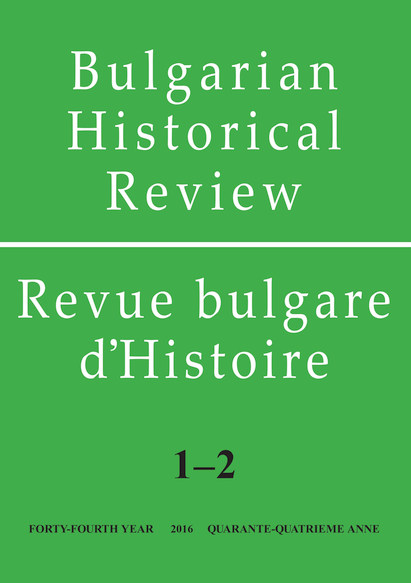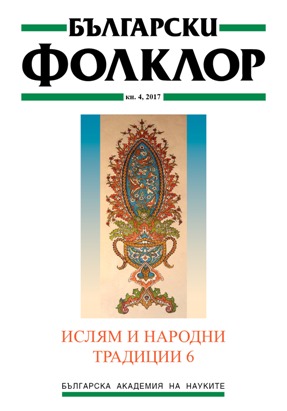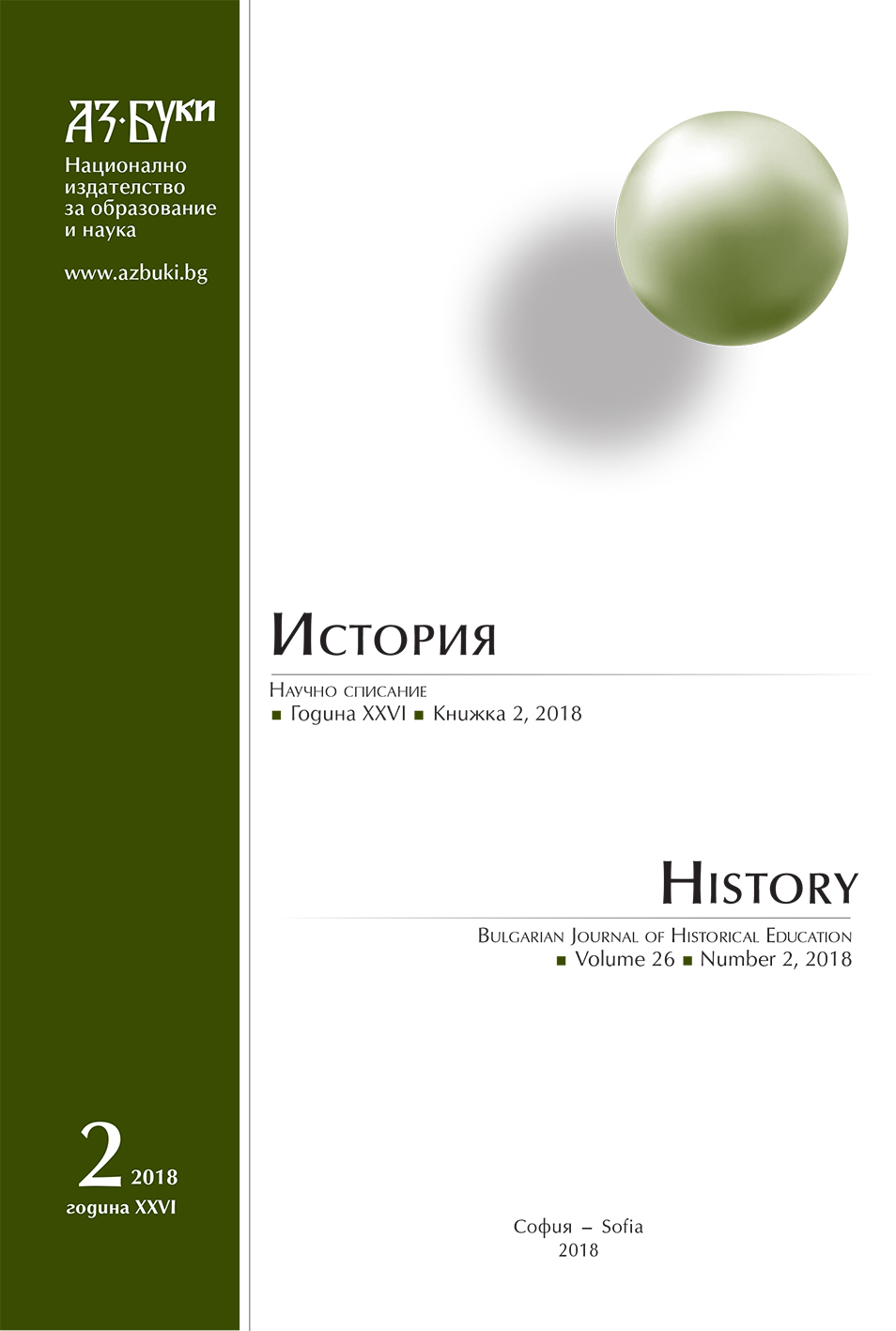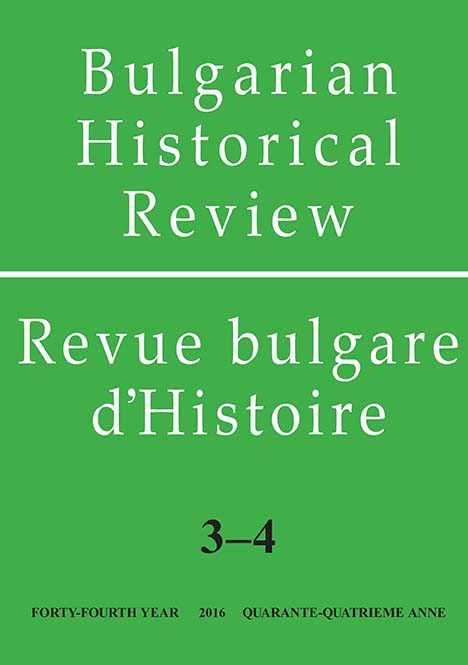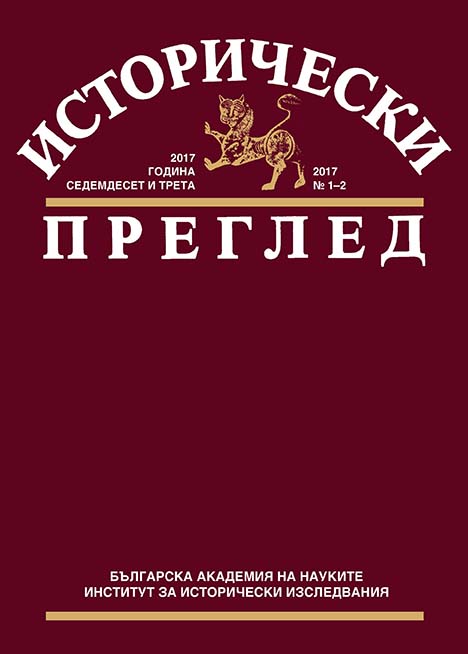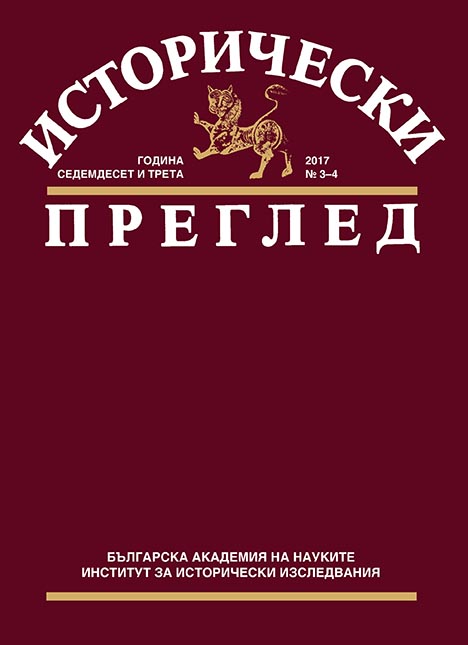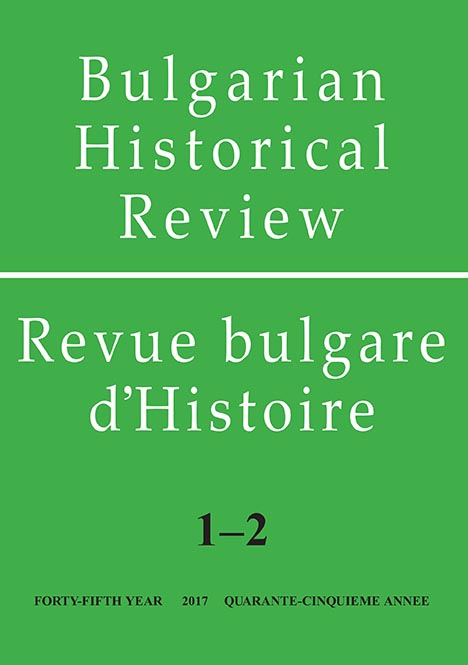Author(s): Plamen Ivanov / Language(s): Bulgarian
Issue: 5-6/2016
Turkish nationalism is the ideology of the young Turks, through which they want to replace the “ideology” of the Ottoman Empire, built mainly on Islamic religion, and the imperial form of statehood. They aspire and succeed in consolidating nationalism as the official doctrine of the new republic and forming a new society. The Young Turks, along with the Kemalists, as well as nationalism, resort to secularism to overturn the Ottoman world and give the new state a different nature, as well as to show it modernized to the world, but in essence they cannot escape the long-lasting tradition of their country, in which Islam was a major factor shaping its identities.
The socio-political Ottoman-Turkish culture is not of a typical European and Western type, where religionism is overthrown as an essential societal factor, and since Islam initially plays such a role far beyond that of a religion, the nationalist transformation is not carried out and maintained as a typical secular one but invariably carries traits of Islamic heritage, although it also desires and perceives important European traits and concepts. In all major nationalist projects traditional stereotypes are found such as: building the new nation as only Turkish, but also Muslim; the unity of the state, resembling the unity of a Turkish “millet”; the fight against once-large ethnic minorities carried out as a fight against “hostile” non- Muslims etc. They are also found in other important projects such as the construction of nationalism itself in the new country or the institution of new citizenship, where the approach is based mainly on a common culture and language, but by default, without official emphasis, understood as Turkish-ethnic, hence with an important Islamic element in it. Thus, even Kemalism, as the last edition of Turkish nationalism, cannot but transpose and impose an approach for the country and the nation with Islamic character, i.e. in favour of the main Turkish-Islamic social group in it, but in clear harm to the non-Islamic groups.
Nevertheless, Kemalism, including as nationalism, has given to the country as much as possible a secular, pro-European, and pro-Western character since the time of the Ottoman Empire, while its impugnment over the last decade by the new strong tendency of political Islam in power poses a serious challenge and threat.
More...
